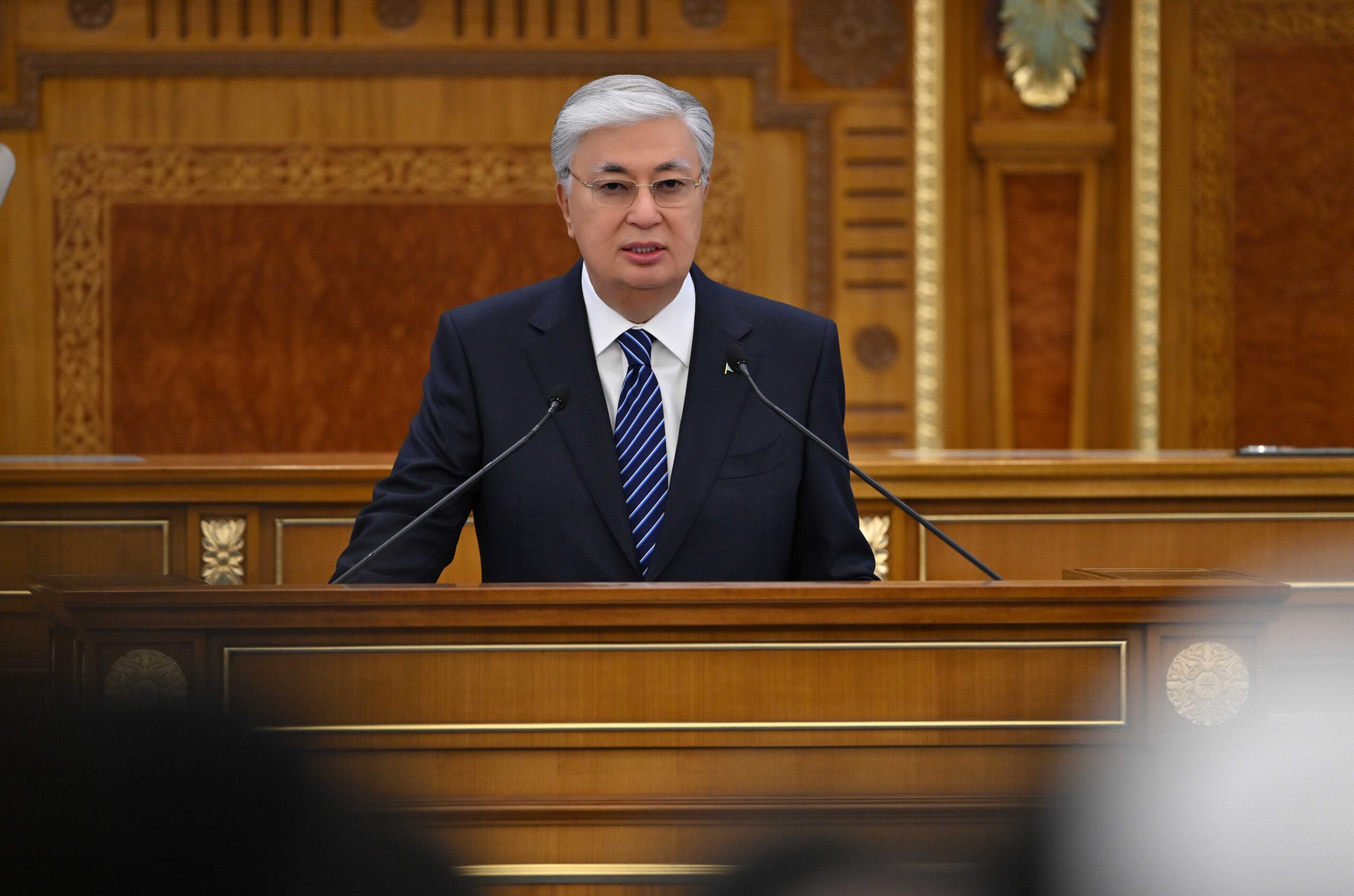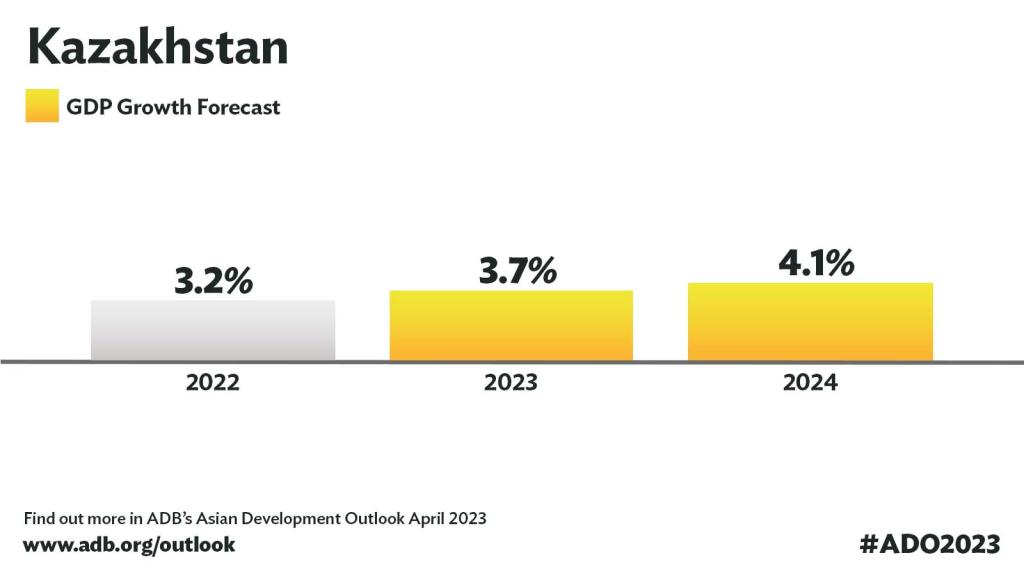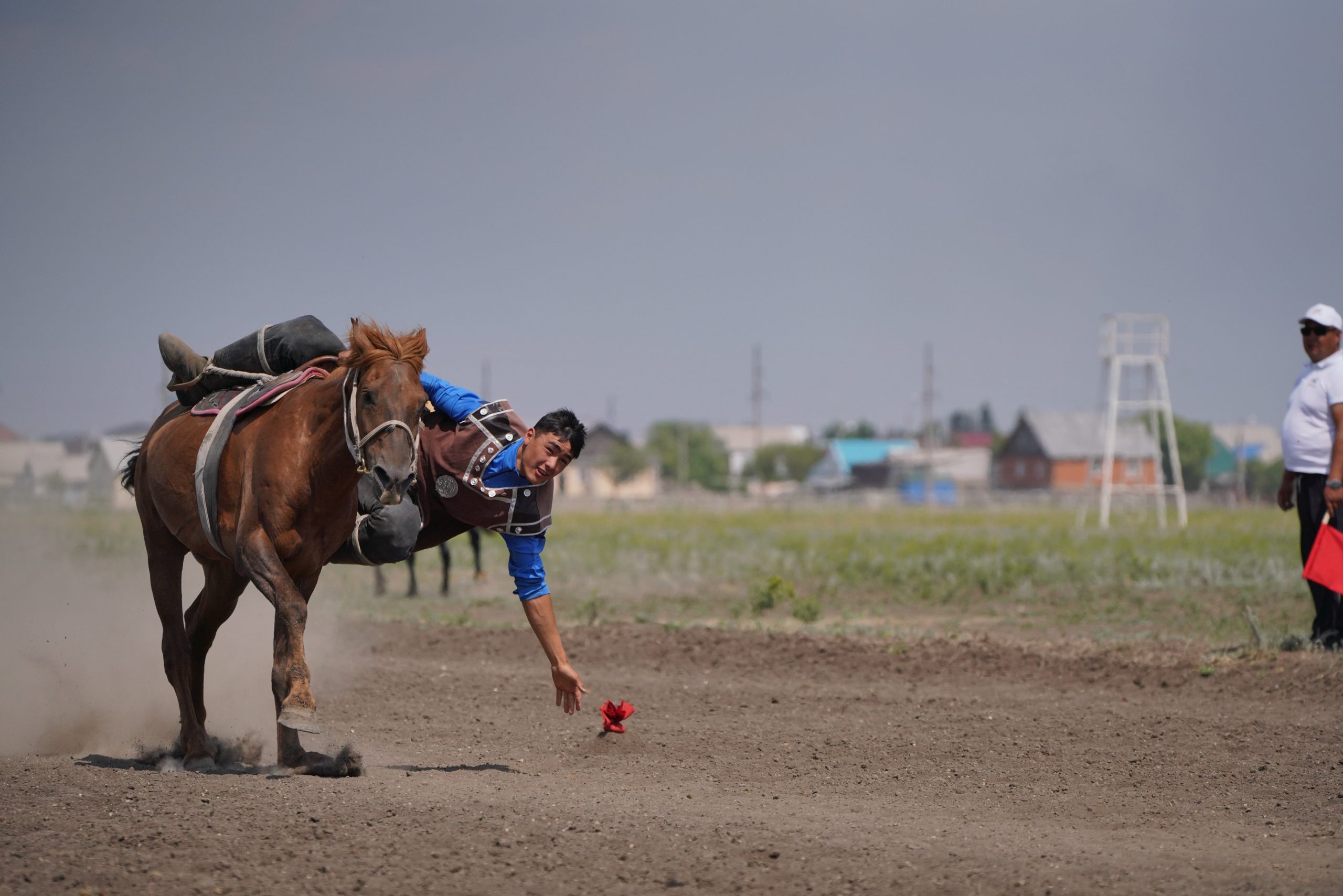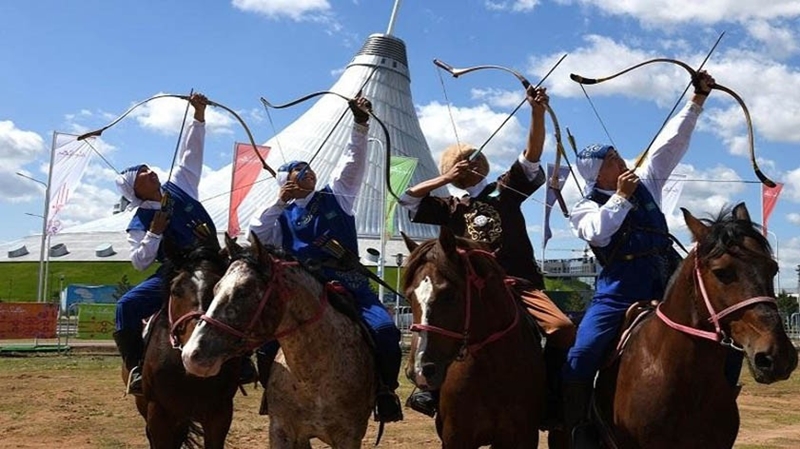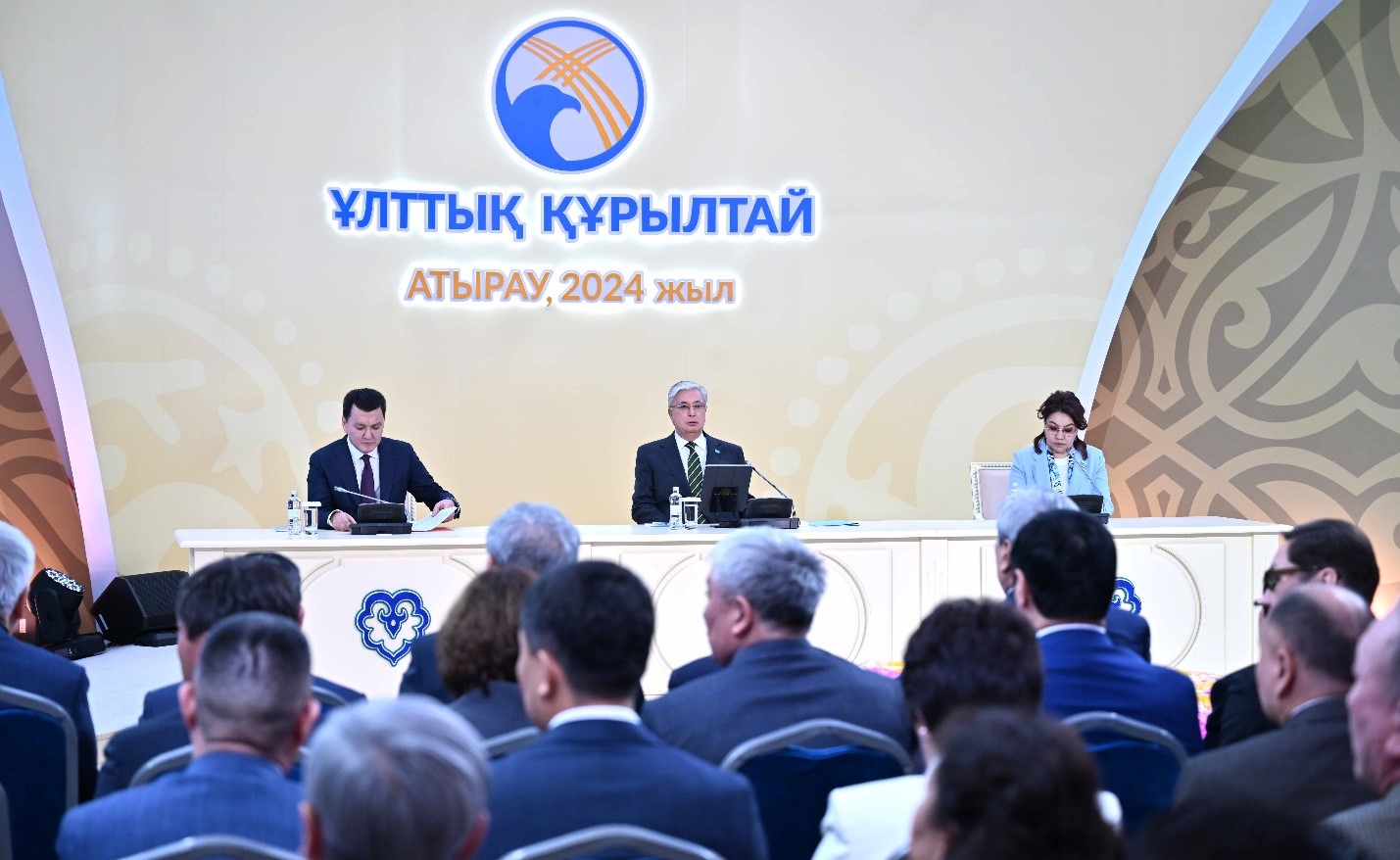Large-scale reforms in Kazakhstan
Hanoi, 27 March 2024
Since his election in 2019, the President of the Republic of Kazakhstan K.K. Tokayev has been carrying out large-scale reforms aimed at political, social and economic modernization of the country.
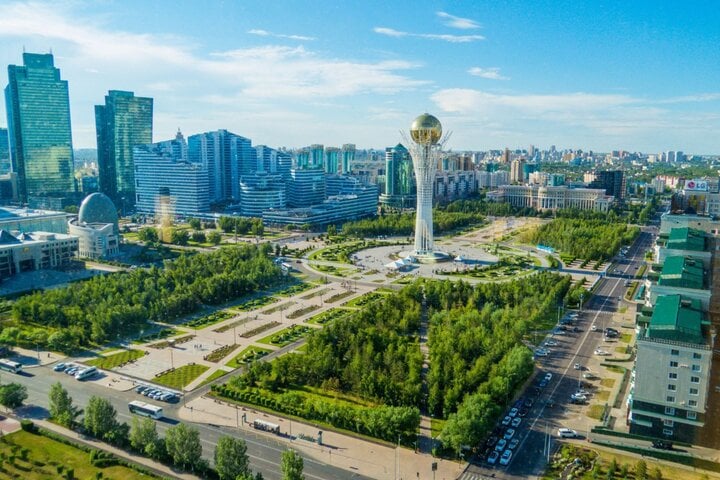
Four comprehensive packages of policy reforms have been successfully implemented in 2019-2021. The first package (December 2019) was aimed at liberalizing the political landscape. The second package (September 2020) was devoted to issues of local self-government and human rights. The third package (January 2021) included lowering the threshold for political parties to enter the Mazhilis from seven to five percent and introducing an “against all” column on the ballot papers. In continuation of previously put forward and implemented initiatives, the fourth package (September 2021) focused on the inclusion of a 30% quota for women and youth in the distribution of parliamentary mandates and expanding the list of quota citizens, among other initiatives.
In the 2022 national referendum, held for the first time since 1995, a majority of voters have approved amendments to the Constitution aimed at decentralizing power. Constitutional reforms that affected a third of the basic law have transformed Kazakhstan from a super-presidential form of government to a presidential republic with a stronger parliament. Reforms also included changes to the parliamentary election system, the re-establishment of the Constitutional Court, and measures to simplify the registration of new political parties.
The necessary legislative conditions were created for democratic development, protection of human rights and strengthening of the rule of law. Wide participation of citizens of Kazakhstan in the process of making political decisions has been ensured as part of the implementation of the principles of the “Hearing State” concept. A balanced system of political governance has been created and the principles of Government accountability and greater transparency have been introduced. The goal is to ensure the irreversibility of the ongoing processes of political transformation of the country and the construction of a “Fair Kazakhstan”.
The implementation of these political reforms, interconnected with economic and social reforms, was positively received by the international community and laid the foundation for the continued modernization of the country.
Major reforms
Democratic development:
- As part of the political modernization of the country, the procedure for registering political parties has been simplified and the electoral process has been improved. The registration threshold has been reduced fourfold, from 20,000 to 5,000 people. The threshold for political parties to enter the lower house of Parliament has been reduced from 7% to 5%. In addition, the minimum number of regional offices has decreased threefold – from 600 to 200 people. The minimum size of an initiative group of citizens to create parties has been reduced from one thousand to 700 people. These reforms contributed to the registration of new political parties – “Republic” and “Baytak”.
- A 30% quota was introduced for women, youth and persons with disabilities, first in party electoral lists and then in the distribution of parliamentary seats.
- Constitutional amendments enshrined in legislation the provision of a single seven-year term for the President of the Republic of Kazakhstan – without the right to re-election. This initiative has several advantages: firstly, a seven-year period is sufficient to implement any ambitious program. Secondly, limiting the presidential mandate to one term ensures that the Head of State is maximally focused on solving strategic problems of national development.
- Presidential powers over local officials are limited; Now the President can appoint akims of cities and regions only with the consent of maslikhats. The “presidential quota” in the Senate has been reduced. Close relatives of the President are prohibited from holding high positions in the Government and the quasi-public sector.
- The powers of the Mazhilis have expanded significantly. According to the new electoral model, elections were held according to party lists and single-mandate constituencies. As a result of the elections in March 2023, six parties have entered Parliament, three of which received parliamentary mandates for the first time.
- In 2023, elections of akims of districts and cities of regional significance were held in Kazakhstan for the first time. Also, over more than two years, voters have elected 1,700 rural akims.
- A new generation of people has appeared in politics, public administration, business, science and culture. In 2019, the Presidential Youth Personnel Reserve was created. Through competitive selection, 400 reservists were selected (300 reservists in 2019, 50 in 2021 and 50 in 2023) from a pool of more than 10,000 applicants. More than 75% of them are appointed to various positions.
- The National Council of Public Trust, an advisory body that played an important role in the development of four reform packages in 2019-2021, was reorganized into the National Kuryltai in 2022 with the aim of promoting public participation in governance and decision-making processes that determine the ideological and cultural parameters of future development Kazakhstan. The National Kuryltai consists of 117 members representing all regions of the country, various fields of activity and different generations.
- On June 17, 2023, President K.K. Tokayev convened the second meeting of the National Kurultai, which ended with the adoption of the Plan for the Implementation of Presidential Initiatives. It included projects to support the country’s youth, renovate rural schools and improve the work of children’s and youth organizations.
- The third meeting of the National Congress took place on March 15, 2024 in Atyrau. In his speech, the President outlined the vision of a modernized society and the strategic goals of establishing an open market economy, promoting digitalization, developing artificial intelligence, strengthening transit and logistics capabilities, supporting entrepreneurship and encouraging innovation.
Content provided by the Embassy of Kazakhstan in Vietnam
Editor: Dr. Le Trung Kien – Chairman of IBC
